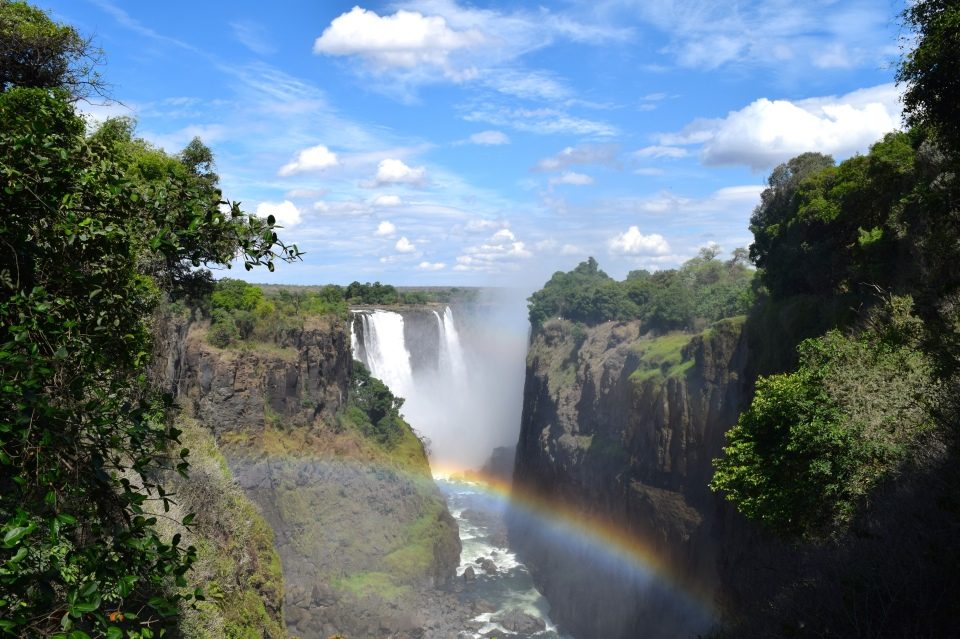Like me, maybe you’ve been dreading going back to work. Dreading it with a bone-deep weariness that plumbs the depths of your soul. And the day has finally arrived and it’s like back to school for the business set. Without the adorable chalkboard signs or cute first day outfits. Because today, the shenanigans start back up again in earnest.
A few years ago, I took up yoga to counterbalance the stress of practicing law in an in-house counsel environment and postponing this inevitable conversation: “Yes, I’m happy to explain myself, HR. I decked him because he kept using the word legalese. To my face.”
At first, I didn’t get much out of yoga other than learning that a resting heartbeat that outpaced a hummingbird was apparently undesirable. Oh, and that I was tragically unflexible after years of glaring at a computer screen and clenching my jaw. Instead, I spent my time on the mat coming up with politer ways to insinuate that something was a piss poor idea without actually using the words piss poor. Because that gives away the punchline.
But at some point, I found myself listening to my instructor, and holy hell, was the stuff she said smart in that “simple but earthshattering way.” You know, like when you actually figured out what the heck tortious interference was in law school. As a 3L. And you thought, seriously, I spent a semester on that?
Anyway, one of my instructor’s perennial favorites is this meditation mantra she likes to sprinkle in at the end of the class. It goes something like this: “May I be happy. May I be healthy. May I be safe.” And after every statement, we’d echo it back to her like we meant it. Well, that was some pretty powerful stuff. Simple. Well-drafted. And to the point. In fact, I liked this mantra so much, I stole it for my law practice. And it goes a little something like this:
MAY IT BE LEGAL
MAY IT BE SAFE*
MAY IT MAKE SENSE
And I thought to myself, what better time to share this little ditty than the first day back in the office after the last gasp of summer when your business partners realize there is one quarter left in the calendar year.
REPEAT AFTER ME: MAY IT BE LEGAL.
I don’t know what sort of Hail Mary energy grips the business in the final quarter, but it is real and fierce and results in “could only have happened after midnight” bad decisions. I like to chalk it up to the “I’m three Coronaritas deep and the crazy is starting to make sense” or “I didn’t wear my company-branded hat on the boat and it fried my brain” scenario. At some point on an extended vacation, your business partner had this kernel of a thought, a brilliant thought. But something hazy, like that dreaded cloud cover over an otherwise perfect beach, descended and your business partner distantly remembered that Legal had nixed the idea before. Hmm, maybe it wasn’t strictly legal? Your business partner shrugs that annoying thought away like a mosquito, squares his shoulders, and heads for your office. Because maybe if he forgot why we couldn’t do something three months ago, then so did you.
First wish for you, lawyer friends, may the crap that’s coming down the pipe today be something that’s strictly street legal and doesn’t require outside counsel analysis to confirm that fact.
REPEAT AFTER ME: MAY IT BE SAFE*
Caught that asterisk, did ya? When I say safe, I mean for you, you long-suffering guardian of risk. I really don’t care if it blows up in your business partner’s face like a science experiment gone wrong because someone forgot to carry the one and now the numbers don’t work.
I’m chalking this one up to having worn flip-flops all summer. Yeah, that’s right. Your business partner thinks, hey, I wore open-toed footwear all summer and despite the rocky, tick-covered terrain of that hike, the chum-slick surface of the dock, or the general ick factor of that toddler’s inflatable bouncy house party, guess what? I STILL HAVE ALL MY TOES! I AM INVINCIBLE. NOTHING CAN TOUCH ME!
And then they walk into your office with a mix of misplaced confidence and the devil-may-care adrenaline of youth, and they pitch you their riskiest idea of the year.
Second wish for you, lawyer friends, may the crap that awaits you today be safe — safe-ish — within the acceptable parameters of a risk profile you can live with it.
AND FINALLY, REPEAT AFTER ME: MAY IT MAKE SENSE
Alright, this last one I’m blaming on the prevalence of fruity drinks and readily available mind-altering substances. Because let’s face it, are you going to slam back a watermelon sangria with a CBD blondie in March? Likely not. These are strictly summer whimsies.
Sorry to ruin your day, but at some point, someone will put time on your calendar this afternoon (or you know, just walk in, because apparently your office is like a low-rent salon where walk-ins are welcome and always accommodated). And then you’ll sit there in slack-jawed stupor listening to a business partner ramble on, wondering if you’re the idiot or they are. Spoiler alert: it’s most certainly not you, friend. Post-Labor Day ideas always seem to have this fantastical, “I haven’t worked out all the details yet, but I’m sure it will all work out” quality to them. Again, I’m blaming this on everything else that’s half-baked about summer.
Final wish for you, lawyer friends? May the crap coming out of your business partner’s mouth today make some semblance of sense.
Put it all together now and you’ve got your own little legal mantra:
MAY IT BE LEGAL. MAY IT BE SAFE*. MAY IT MAKE SENSE.
And if it can’t be more than 2/3rds of these things, screw it. Write it up an email and put it in your CYA file. If it can’t be legal, safe, or make sense? Then it can at least be well-documented.
Kay Thrace (not her real name) is a harried in-house counsel at a well-known company that everyone loves to hate. When not scuffing dirt on the sacrosanct line between business and the law, Kay enjoys pub trivia domination and eradicating incorrect usage of the Oxford comma. You can contact her by email at KayThraceATL@gmail.com or follow her on Twitter @KayThrace.


 Staci Zaretsky is a senior editor at Above the Law, where she’s worked since 2011. She’d love to hear from you, so please feel free to email her with any tips, questions, comments, or critiques. You can follow her on Twitter or connect with her on LinkedIn.
Staci Zaretsky is a senior editor at Above the Law, where she’s worked since 2011. She’d love to hear from you, so please feel free to email her with any tips, questions, comments, or critiques. You can follow her on Twitter or connect with her on LinkedIn.

















